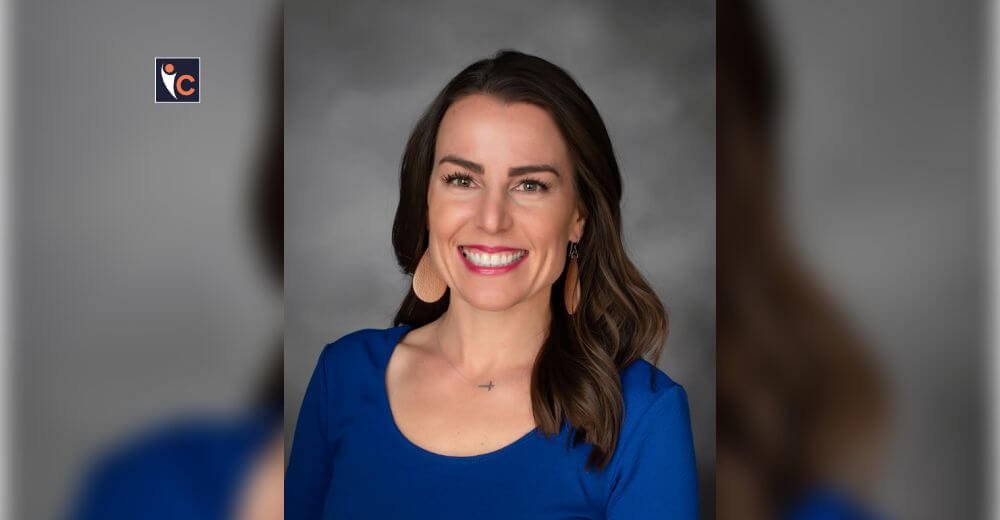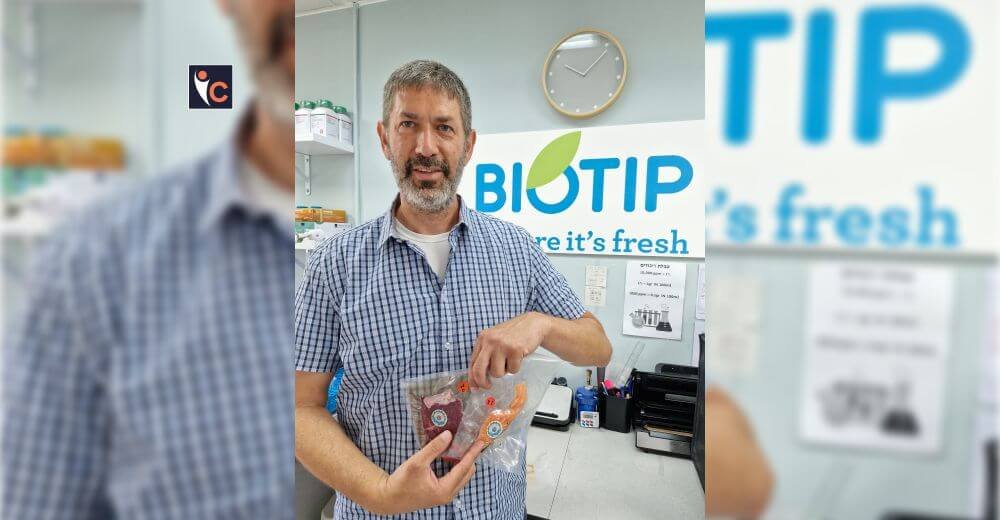Traditional drug discovery has long been plagued by inefficiencies and risks that have hindered progress and limited accessibility to life-saving treatments. The arduous and costly process often yields uncertain results, making a positive return on investment increasingly unlikely, particularly for new ventures. As a consequence, the burden of escalating treatment costs has become unbearable for health systems and, more broadly, for individuals across the socioeconomic spectrum.
Recognizing these challenges, Dr. Pascal Mayer, the visionary CEO of Alphanosos, sought to chart a new course—one that would drastically reduce the risks of failure while remaining affordable and accessible to all. In his quest for a safer and more effective approach, Dr. Mayer recognized the importance of starting with ingredients already proven to be acceptably safe.
At Alphanosos, this meant harnessing the power of water extracts from edible plants, as well as the trusted qualities of aromas and fragrances. By utilizing these well-established and non-toxic components, the company mitigates the risks associated with toxicity, ensuring the development of health products that can be confidently used by individuals of all ages and conditions.
To achieve patentable and efficient biological activity, Alphanosos takes innovation to new heights by employing novel synergistic mixes of these safe ingredients. Guided by proprietary AI algorithms and software developed by Dr. Mayer, the company revolutionizes the discovery process, delivering groundbreaking solutions that pave the way for a future where health and wellness are prioritized without compromise.
By avoiding the pitfalls of toxicity and embracing nature’s bounty, Alphanosos embodies a transformative paradigm shift in the field of health product development. Their commitment to excellence and safety has not only reduced the risks inherent in traditional drug discovery but has also opened doors to affordable, sustainable and effective solutions for individuals worldwide.
In an interview with Insights Care, Dr. Pascal shares about the future of health and well-being with Alphanosos, where cutting-edge AI technology converges with the goodness of nature to redefine what is possible in healthcare.
Following are the excerpts from the interview:
Brief us about the company and shed some light on your journey as its guiding light.
To date, Alphanosos owns already granted patents on antimicrobials with efficacy in animals and humans, including against all the multidrug-resistant organisms of concern to WHO. Our anti-coronavirus discovery has shown efficacy in a lethal mice model and is available for entering a clinical trial on Long-COVID. Finally, we have already in vitro proof of concept for selective anticancer mixes waiting to enter animal model validation.
Because of the safe nature of the ingredients and their associated regulatory status, our discoveries are already used in cosmetic and food supplement products, which offers us a de-risking and validation prelude to further therapeutic product development.
Can you elaborate upon the core values and mission on which the company is built?
The mission of the company is to provide health products designed by AI and for everyone, naturally.
Our core values are scientific and therapeutic honesty, safety, innovation, environmental respect, and humanism. They allow us to respond to patients’ demand for safe therapeutic efficacy for themselves and their animals without a negative impact on the planet.
Tell us about the company’s core products and services. In what way does it make use of Artificial Intelligence in treating patients?
Our current core products are antimicrobials and antivirals. The use of AI allowed us to discover them extremely rapidly. Moreover, these first product discovery programs demonstrate that our AI-guided discovery approach combining safe ingredients would allow us to discover such therapeutics de novo within days to respond to a novel pandemic and bioterrorism or biowarfare crisis.
As different from any other traditional drug-discovery approach, our discoveries are by the composition of safe products that can be consumed directly by humans and animals. And this is true even from a regulatory viewpoint if without therapeutic claims. We choose the starting library of ingredients on which the iterative AI-guided discovery is performed such as they comply a priori with the intended use of discovered mixes
The absence of toxicity in our therapeutics is extremely likely, nearly certain. Their mode of action can be described as massive system perturbation by massive chemical diversity, in other words, massive system’s polypharmacology. For antibacterials and antivirals, this means undetectable (if any) development of resistance and efficacy against any form of variant. For other therapeutic areas, our approach opens a first-in-history opportunity for truly personalized treatments.
Share with us the process that the company undergoes in developing a personalized therapeutic plan for a specific patient. What approach is incorporated behind the drug discovery process?
We have personalized therapeutic projects for the future, first in oncology and rare diseases, and later to treat and prevent chronic inflammatory diseases linked to cryptic microbial infections. The latter include eczema, acne, psoriasis, and based on recent science (sometimes still with controversy) also Multiple Sclerosis, systemic lupus erythematosus, Alzheimer’s, aortic aneurysm, low-back pain, etc.
These ambitious goals are rendered possible by the safe composition of our products and the diversity and speed at which they are elaborated thanks to our proprietary AI.
Why is AI essential in the company’s process of drug discovery? What diagnostic, research, or innovation tools does the company use in accelerating the drug discovery process?
Our fundamental challenge is to find the non-trivial relation between the composition of mixes of safe ingredients and observed biological activity. The number of possible mixes is astronomical: with a typical library of ingredients between 300 and 1000, there are between 10^11 and 10^41 possible mixes that can be elaborated. Evaluating them all by brute force is out of reach of any organization whatever the screening technology to be used.
To address this in a tractable manner, we rely on the following iterative approach. We perform the first set of experiments on randomly assembled mixes. In other words, we do not make any hypothesis on the individual activity of any given ingredient. We feed the quantitative experimental results to our proprietary generative AI algorithms. They learn the relationship between composition and activity and propose us novel mixes to be evaluated. The experimental results obtained with the AI-generated mixes are further feed to the AI, and this loop is iterated until sufficient activity is reached. This takes typically between 5 to 20 iterations.
Tell us about the common challenges that occur during the drug discovery process. How does your company address these challenges successfully?
The biggest practical challenges we are facing are the quality of the experimental data with which we feed our AI and the limited amounts of data that can be generated given costs and time constraints.
Our requirements are very different from those needed for traditional high-throughput screening and hit-to-lead work with single chemical compounds. We need reasonably accurate quantification and reproducibility. We address this issue both by replicating several times each individual measurement and specially designed AI algorithms that are robust toward noisy data.
While in “big data” situations noise cancels out and correlations become easily visible to neural networks, the experimental discovery process provides much less data, though still much more that can be handled by hand or with statistical packages. Our algorithms have been specially conceived to handle this situation and avoid getting trapped by “overlearning/overfitting.”
What advice would you like to give to budding entrepreneurs and enthusiasts who desire to venture into drug discovery measures of healthcare?
Invest and join Alphanosos: we have the technical potential to become the “Tesla of pharma,” we just need more funding and talents to do it!
How do you envision scaling your company’s services and operations in 2024 and beyond?
Our priority is to finalize the ongoing cosmetic partnerships. This will give us financial visibility and already attractive exit opportunities. We will simultaneously continue engaging in additional such partnerships and leverage our AI algorithms and know-how outside the healthcare fields: industrial antimicrobial applications, active chemicals/peptides, material science, non-molecular product development, data analysis and so on. As soon as our financial span increases, we will resume our oncology and anti-microbial discovery projects and follow up on academic partnerships on rare diseases and others such as inflammation and pain.
What are some of the testimonials or recognition that accurately highlight your company’s position in the market?
Our unique value proposition allowed us to enter AI-guided ingredient development with several multinational cosmetic ingredients and cosmetic companies, including two of the top five cosmetic world players (identities are confidential).










